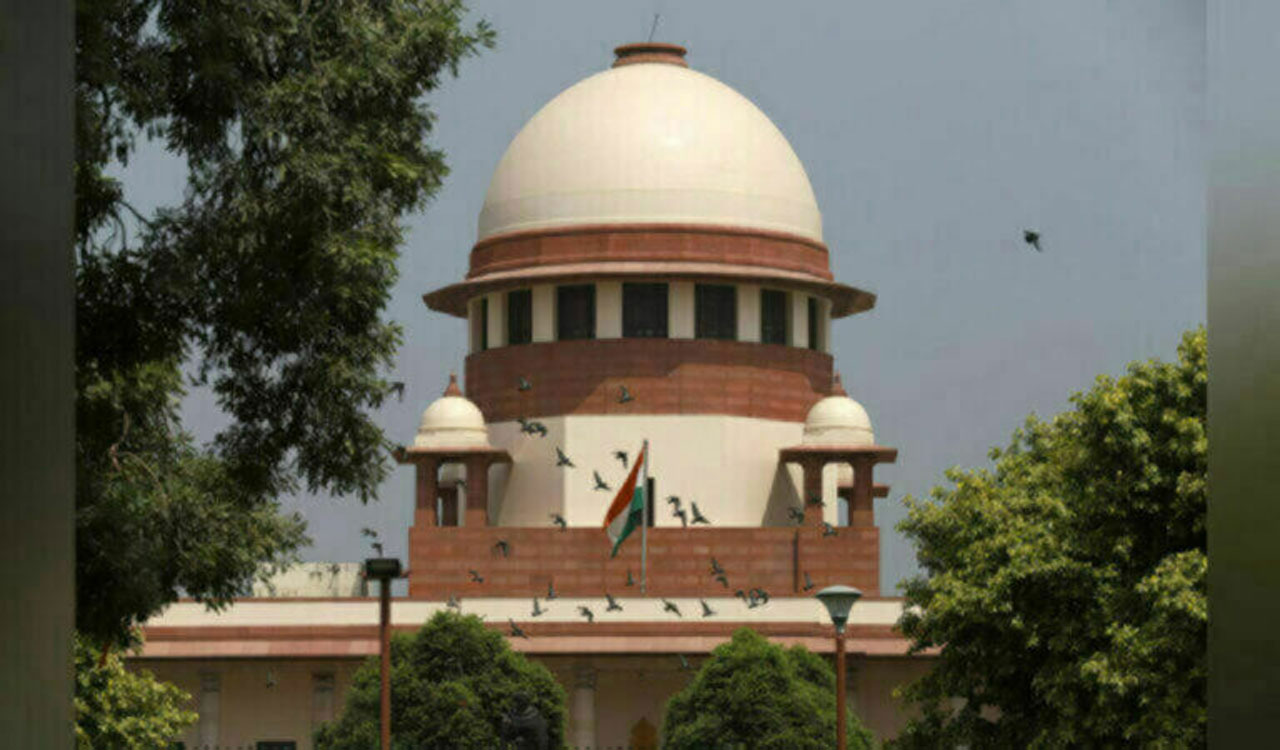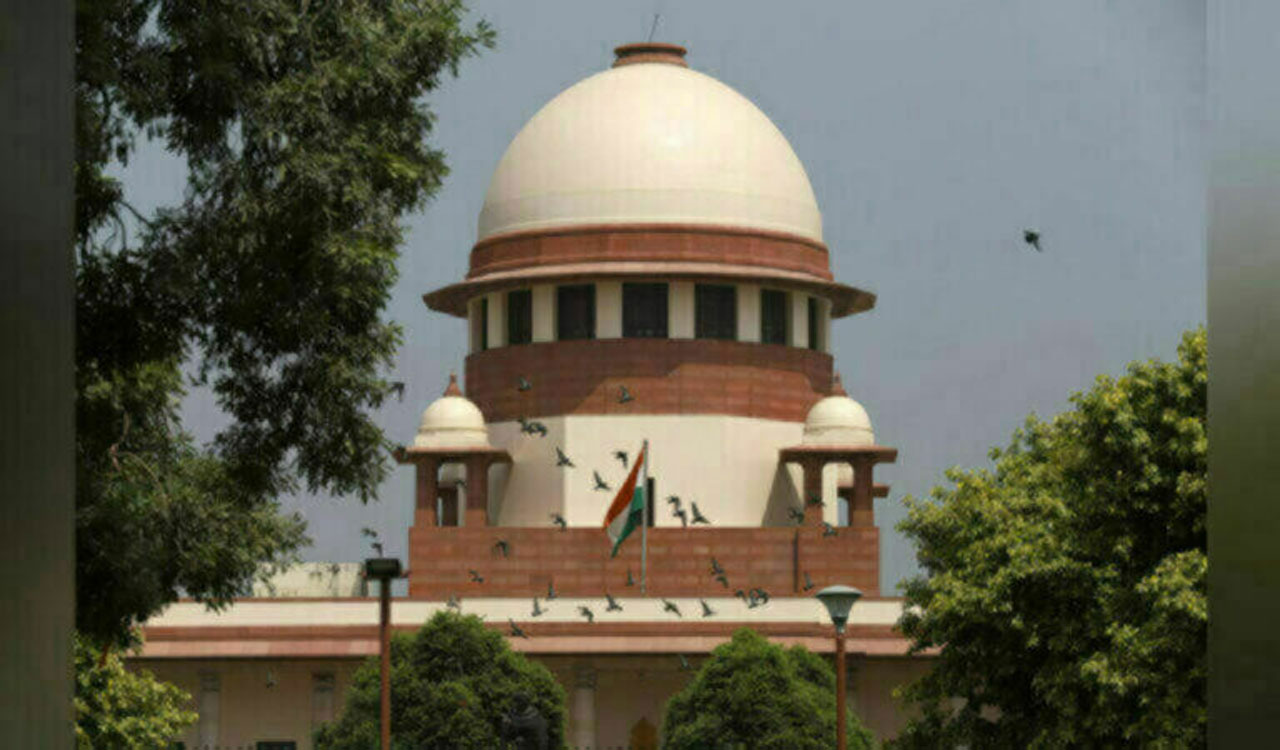Editorial: Patriarchal mindset
Centre’s stand against criminalisation of marital rape reflects a deep-rooted patriarchal mindset

The central government’s stand opposing criminalisation of marital rape reflects a deep-rooted patriarchal mindset that allows the institution of marriage to be used as a cover for sexual violations. In an affidavit submitted to the Supreme Court, it termed marital rape as excessively harsh and disproportionate and contended that the institution of marriage introduces complexities that distinguish non-consensual sex within marriage from similar acts outside it. However, this is a specious argument, given the fact that one in 25 women faced sexual violence from their husbands, as revealed by an official survey. The apex court is hearing a batch of petitions seeking to amend the British-era law that says a man cannot be prosecuted for rape within marriage. Section 375 of the IPC, which deals with rape, provides an exception that the sexual acts by a man with his own wife if she is not under the age of 15 years, don’t amount to rape. Such an argument is untenable in modern times and that forced sex is rape, regardless of who commits it. Currently, marital rape is outlawed in more than a hundred countries around the world. India is one of the few countries where such an exception exists for married men. This exception was founded on the Victorian medieval law that husbands wielded their power over their wives. Both the UPA and the NDA governments have taken a stand against the criminalisation of marital rape on the ground that such a move would undermine the institution of marriage.
The opponents of criminalisation argue that it would threaten the sanctity of family life, increase false allegations, disrupt marital harmony and harm the institution of marriage itself. But these arguments seem to be presumptions, meant to obscure the harsh realities faced by countless women. It is also argued that the burden of proof would almost be impossible to meet in the case of marital rape. The latest affidavit by the Centre says there are enough laws to protect women against sexual violence and that criminalisation of marital rape would be an extremely harsh measure. While the Domestic Violence Act can cover the offence of marital rape because “sexual abuse” is defined as one of the acts that constitutes “domestic violence”, there are certain inherent problems with this Act, making it inadequate to deal with cases of marital rape. First, the Act doesn’t explicitly define “rape” as is defined in the IPC Section 375. Second, it has been deemed as a civil law by the courts and thus the accused can get away without any jail term. India’s justice system has a poor track record when it comes to dealing with violence against married women by their husbands. It is time the patriarchal notion that husbands are the rulers of their wives was done away with and the voices of victims heard.
Related News
-
‘Media shouldn’t exaggerate’: SC irked over news reports on hearing over ‘VIP’ visits at temples
-
Supreme Court to test validity of two provisions of 1991 law on religious places
-
Delhi liquor policy scam: SC relaxes Sisodia’s bail condition (Ld)
-
Phone tapping case: Telangana High Court asks cops to respond to allegations
-
Haiti gang attack on journalists covering hospital reopening leaves 2 dead, several wounded
12 mins ago -
21 dead as Mozambique erupts in violence after election court ruling
30 mins ago -
Cartoon Today on December 25, 2024
8 hours ago -
Sandhya Theatre stampede case: Allu Arjun questioned for 3 hours by Chikkadpallly police
9 hours ago -
Telangana: TRSMA pitches for 15% school fee hike and Right to Fee Collection Act
9 hours ago -
Former Home Secretary Ajay Kumar Bhalla appointed Manipur Governor, Kerala Governor shifted to Bihar
9 hours ago -
Hyderabad: Organs of 74-year-old man donated as part of Jeevandan
9 hours ago -
Opinion: The China factor in India-Nepal relations
9 hours ago




